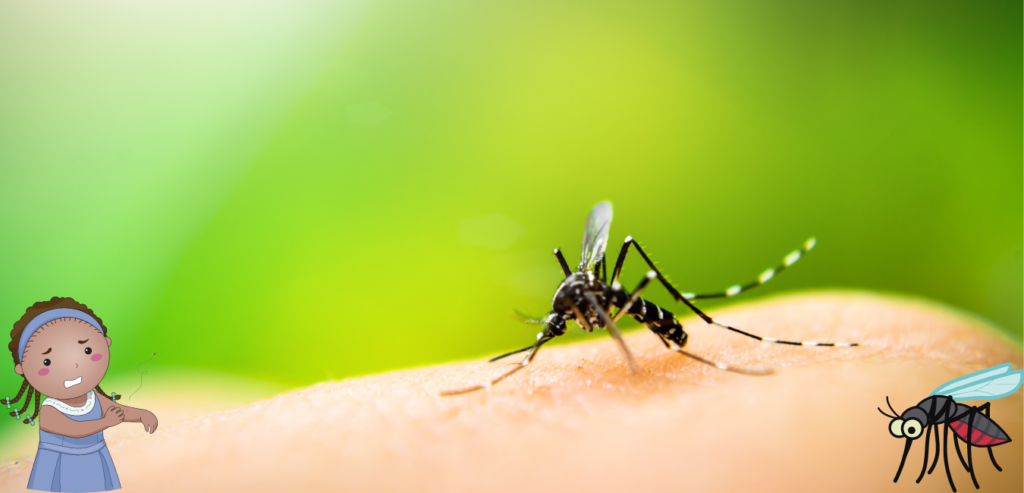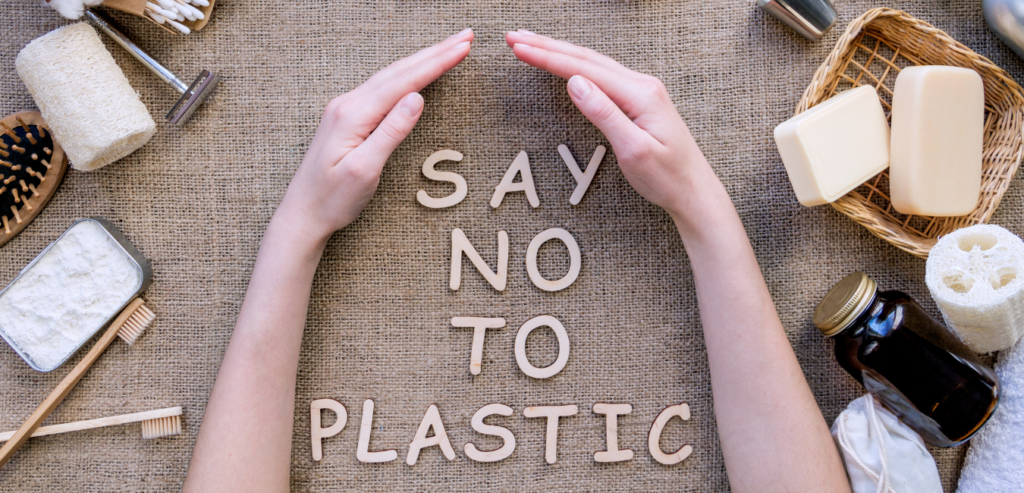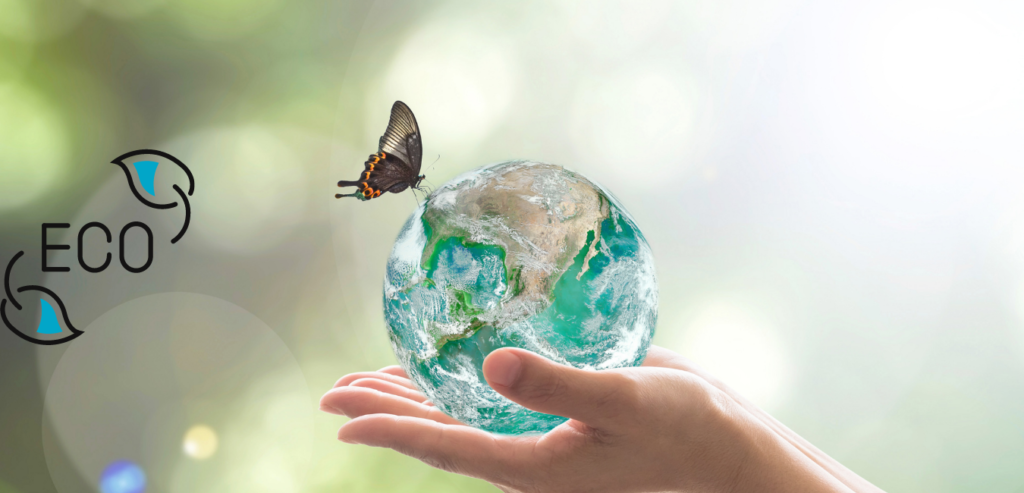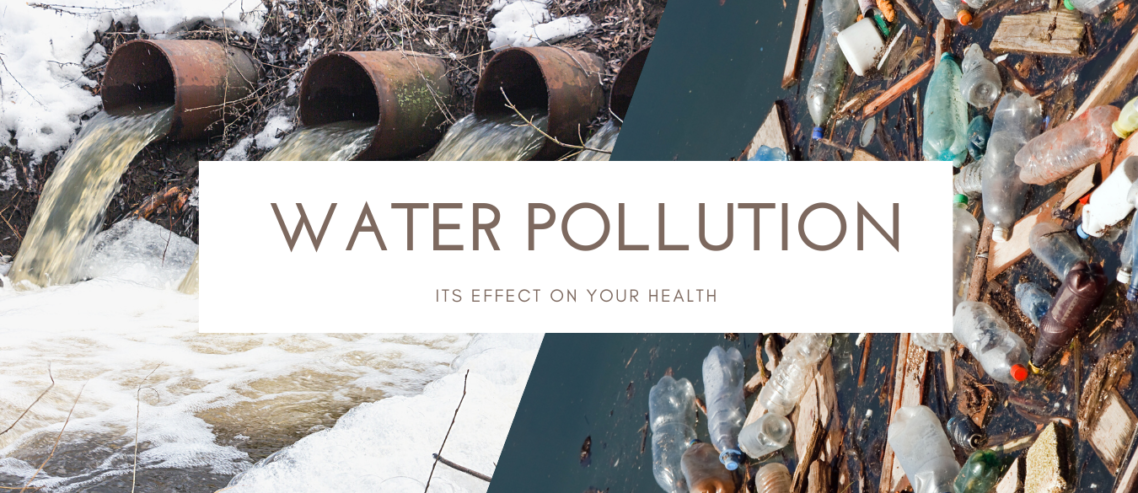Worst 4 Effects Of Water Pollution On Your Health
Pollution of any sort be it air, soil, or water, is harmful to the health of humans as well as to flora and fauna. Here you can find the details about how can increasing water pollution can affect your health.
Human activities are the main reason for the ever-increasing water pollution and everyone is getting affected by that.
Reasons For Increasing Water Pollution
- Garbage being dumped into water bodies
- Sewage discharge into the rivers
- Plastic waste in water bodies
- Fertilizers Run-off into rivers
- Industrial waste dumping
- Massive garbage landfills
- Oil spills in oceans
How Does Water Pollution Effect Your Health?
Increased levels of pollutants in water bodies have been detrimental to the health of humans. It has also resulted in the death of many aquatic animals.
#1. Contaminated Food Chain
With an increased amount of waste being dumped into water bodies, the number of plastics and toxins, in rivers and oceans, has increased many folds. Plastics are such a material that doesn’t decompose and instead break down into microparticles. Which is then consumed by marine animals like fish, which is then eaten by humans. This way, plastics are there in our food chain.
Plastic, along with other toxins that have entered our food chain, causing many health issues. Microplastics harm not only the health of the aquatic animal but also contain toxins that would be harmful to human health. Your health is at risk with ever-increasing water pollution, whether or not you ingest food contaminated with plastic.
#2. Shortage Of Clean Drinking Water
Increased water pollution has also resulted in a lack of clean drinking water for billions of people across the globe. WHO estimates that about 829,000 are directly or indirectly affected by the non-availability of safe drinking water. The shortage of clean drinking water puts millions of people at risk of consuming contaminated water. Which could further result in preventable disease outbreaks.
There is water all around but still, 50% of the Indian population doesn’t have direct access to clean drinking water. It is all because of careless exploitation of water resources and unmanaged discharge of sewage in water bodies.
#3. Spread Of Water-Borne Diseases

The contaminated water along with improper water sanitation results in outbreaks of preventable diseases like diarrhoea, dysentery, hepatitis A, typhoid, and polio. The pollution of water has exposed many individuals at absolutely preventable health risks.
Diarrhoea is one of the most common and preventable diseases that spread because of increased water pollution. This puts many children, especially under 5 years, at high risk of dying because of these preventable diseases.
Polluted water also leads to the outbreak of vector-borne diseases like dengue, with increased breeding of mosquitos. Recently, there has been an outbreak of dengue in the Firozabad district of UP, which results in many deaths.
The pollution of groundwater with rampant use of pesticides and chemical leaching from factories has resulted in increased cases of cancer in Punjab. These increased cases of cancer in certain regions are all linked to polluted groundwater.
#4. Increased Infant Mortality
Water pollution is also linked to an increased number of infant deaths world around. WHO estimates that about 361,000 children aged under 5 years die because of diarrhoea. It is further estimated that 270,000 children die during the first month due to lack of clean water and another 200,000 under 5 years of age, die from water-borne diseases.
These all are preventable deaths caused mainly due to water pollution and lack of clean drinking water.
Preventing Water Pollution
The already polluted water can’t be cleaned overnight, but steps need to be taken to prevent further pollution of the water.
Here you can find 5 ways you can contribute to reducing water pollution.
#1. Reducing Plastic Usage

Plastic is the major culprit in increasing levels of pollution all around us. It is because of plastic pollution that many marine animals end up dead. So, you need to work on reducing the number of plastics products in your life and live a plastic-free life.
Getting rid of all plastic won’t be possible immediately, but you can get started by eliminating the use of all single-use plastics. Single-use plastics are most harmful, as they are often used once and dumped. Which then end up in water bodies where marine animals mistake them for food and choke to death after consuming plastics.
#2. Proper Disposal Of Industrial Waste
Industrial waste is another major water pollutant, as industrial waste release introduces many toxic chemicals into water bodies. Industries often release the toxic untreated, which results in the death of many marine animals like fish.
The industrial waste must be treated to clean out toxins, before being released into the rivers. Governments should put in proper checks and measures to control industrial discharges. The toxin materials that can’t be treated must be disposed of using established scientific practices that cause minimum environmental damage.
#3. Sewage Treatment
Household sewage waste that is released into the rivers also plays a pivotal role in increased water pollution levels. Although it is not as severe as industrial pollution, it also needs treatment before being released into the water bodies.
Proper treatment of sewage makes sure no toxins get released into the water bodies. It should be a mandate for every city to have a sewage water treatment plant. So that city sewage waste is dealt with at the city level.
#4. Leading An Eco-Friendly Lifestyle
At a personal level best way to reduce your contribution to water, pollution is to live an eco-friendly lifestyle. By living an eco-friendly lifestyle, you will reduce your carbon footprint by using less of the polluting things.
You can practice these 5 things to live an eco-friendly lifestyle
- Reducing Your Food-Related Waste
- Saving Electricity
- Eco-friendly Travel
- Eliminating Single-use Plastics
- Using Eco-friendly Products
Read here in detail about practices that you can add to your life to lead an eco-friendly lifestyle.
#5. Using the Eco-Friendly Products

The extension to leading an eco-friendly lifestyle is using eco-friendly products. Replacing plastic products with eco-friendly products in your daily routine can help you in leading an eco-friendly lifestyle.
You can start by carrying your own cup for the takeaway coffee or carrying your own reusable straws to the restaurant. Check here the ever-growing list of such environmentally friendly products that can help you reduce your carbon footprint and lead an eco-friendly lifestyle.
Conclusion
Water is one of the basic needs of all human beings. The increased levels of water pollution have resulted in many of us lacking access to clean drinking water. Water pollution has created many health risks and has put millions at risk of catching preventable diseases.
One thing you at an individual level do is start living an eco-friendly lifestyle while trying to avoid the use of single-use plastics.
Read more about the effect of the environment on your health.


Comments
1 Comment
[…] Read More about the effects of water pollution on your health. […]
Comments for this post are closed.